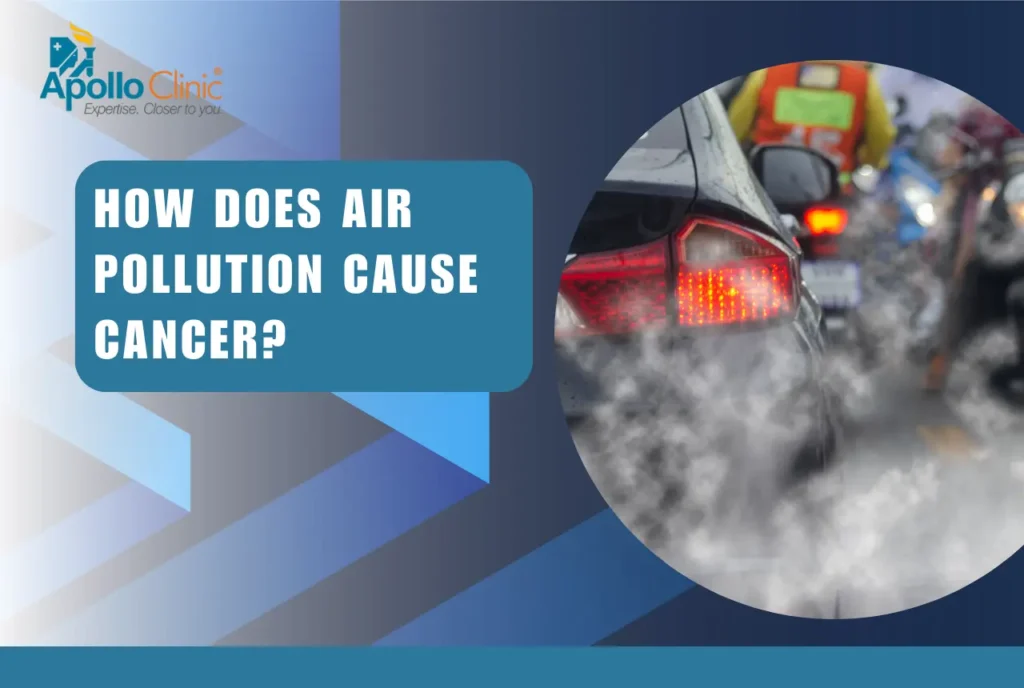How Does Air Pollution Cause Cancer? Find Out With These 10 Ways
The air we breathe sustains us, but increasingly, it’s becoming a source of silent harm. Air pollution is a global problem, affecting both developed and developing nations. The World Health Organization (WHO) estimates that 99% of the world’s population breathes air exceeding safe limits.
Disturbingly, research is revealing a growing link between air pollution and cancer. This blog post answers the question – how does air pollution cause cancer?
How Does Air Pollution Cause Cancer?
1. Direct DNA Damage
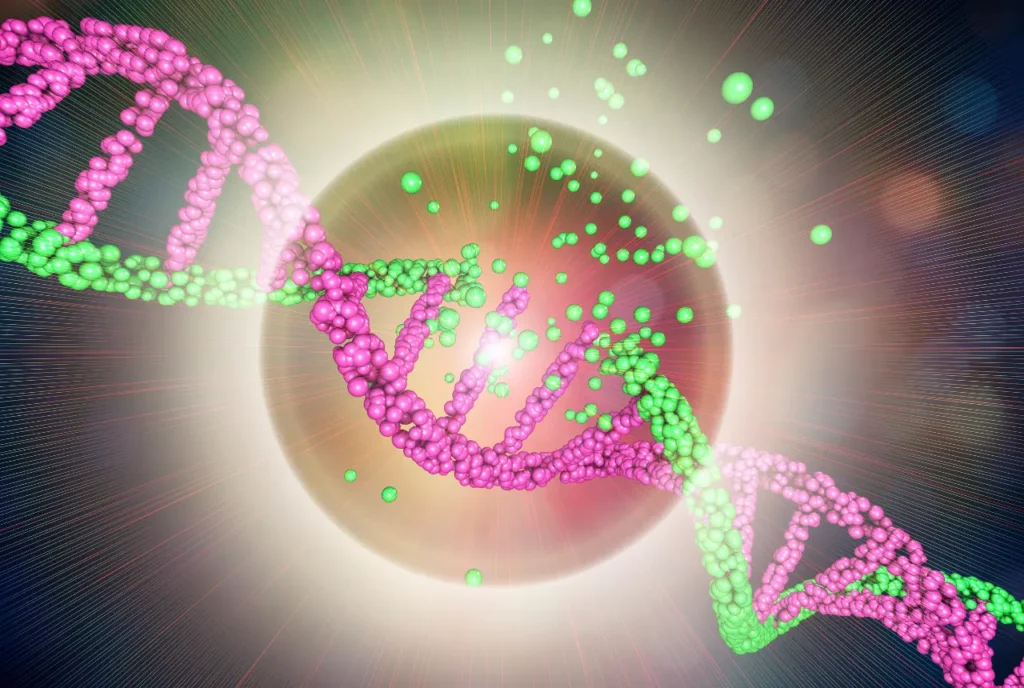
Our lungs are constantly exposed to the outside world. Fine particulate matter (PM2.5), a major component of air pollution, consists of tiny particles less than 2.5 micrometers in diameter – so small they can penetrate deep into the lungs.
These particles can directly damage the DNA of lung cells, leading to mutations that can potentially trigger uncontrolled cell growth, the hallmark of cancer. Polycyclic aromatic hydrocarbons (PAHs), a class of pollutants formed from burning fossil fuels, are a specific concern due to their well-documented DNA-damaging properties.
2. Chronic Inflammation
Air pollution doesn’t just damage cells directly; it can also trigger a persistent inflammatory response in the lungs. This chronic inflammation creates a hostile environment where healthy cells are constantly under attack.
Over time, this ongoing inflammation can damage healthy cells and promote the growth and survival of abnormal cells that could turn cancerous. The inflammatory process also involves specific signaling pathways that have been linked to cancer development.
3. Oxidative Stress
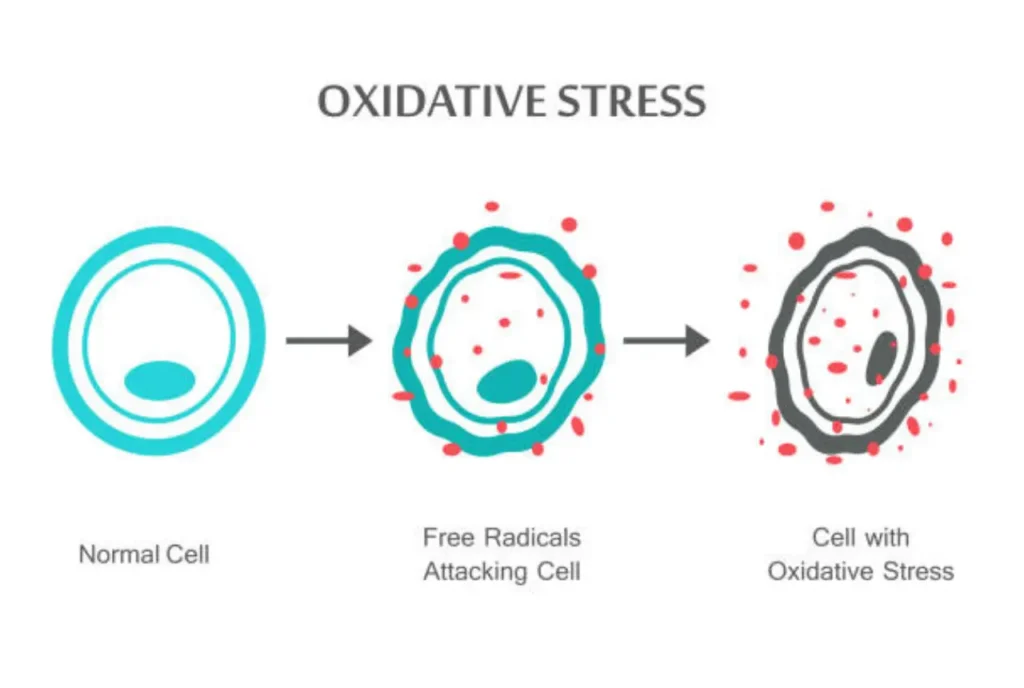
Air pollutants don’t operate alone. They can generate harmful free radicals in the body. These free radicals are highly reactive molecules that damage cell membranes and DNA, contributing to cancer risk. Imagine them as tiny vandals wreaking havoc on our cellular machinery.
Fortunately, our bodies produce antioxidants, natural defenders that neutralize free radicals. However, excessive air pollution exposure can overwhelm our antioxidant defenses, leaving cells vulnerable to free radical damage.
4. Suppression of the Immune System
A healthy immune system acts as a vigilant guard, constantly patrolling for and eliminating abnormal cells that could become cancerous. However, air pollution can weaken this critical defense system.
A compromised immune system is less effective at identifying and eliminating these potentially cancerous cells, allowing them to proliferate unchecked. Research suggests air pollution might suppress specific immune cells or functions, leaving us more susceptible to cancer development.
5. Hormonal Disruption
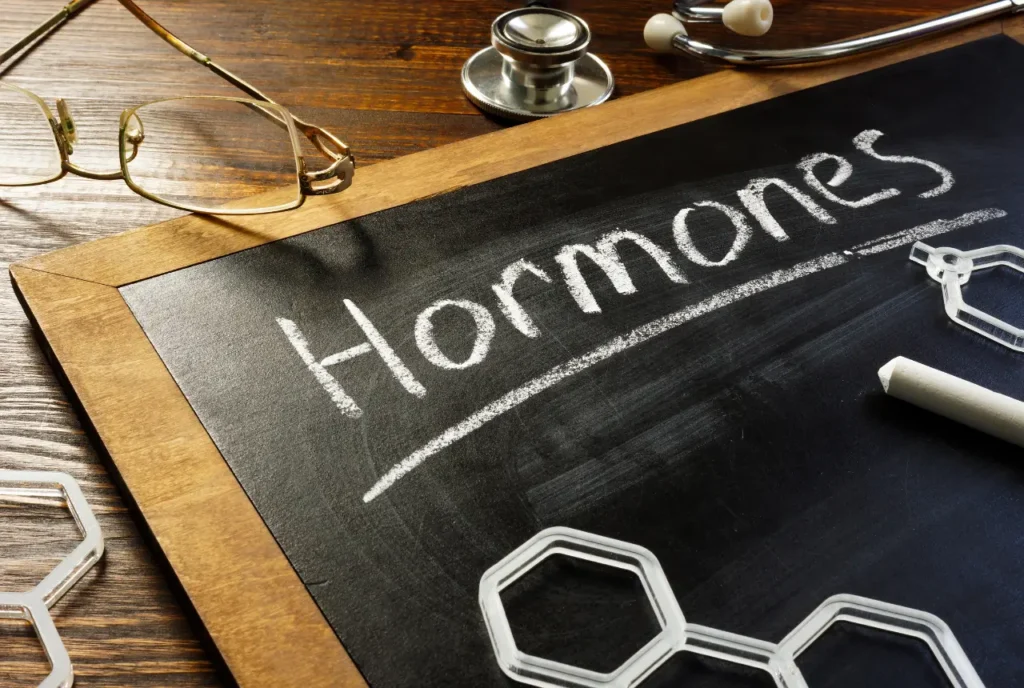
Some air pollutants can act as endocrine disruptors, mimicking or interfering with hormones in our bodies. This hormonal disruption can have a ripple effect, potentially influencing cancer development, particularly in hormone-sensitive cancers like breast and prostate cancer.
Examples of such endocrine-disrupting pollutants include certain pesticides and industrial chemicals that can find their way into the air we breathe.
6. Increased Cell Proliferation
While cell growth is a natural process, uncontrolled cell division is a risk factor for cancer. Air pollution has been linked to increased cell proliferation, a process where cells divide more frequently.
This can be particularly concerning in tissues with a high rate of cell turnover, like the lungs and colon. It’s important to remember that healthy cell growth is tightly regulated, and air pollution disrupts this delicate balance, potentially tipping the scales toward uncontrolled proliferation.
7. DNA Methylation
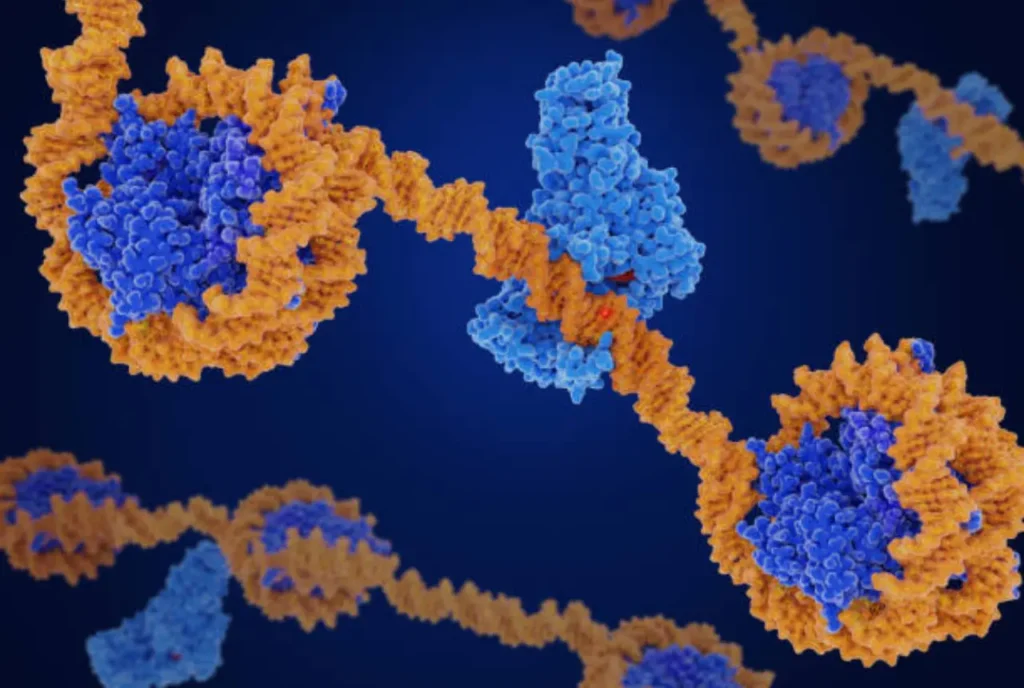
DNA methylation is a natural process that regulates gene expression by silencing certain genes. While it plays a vital role in cellular function, air pollution exposure may contribute to abnormal DNA methylation patterns.
This can potentially silence genes that suppress tumor growth, promoting cancer development. Research on this specific link between air pollution and DNA methylation is ongoing, but it highlights the complex ways air pollution can influence cancer risk.
8. Microbiome Disruption
The gut microbiome, the vast community of microbes residing in our intestines, plays a crucial role in overall health. Emerging research suggests air pollution might influence the composition of this gut microbiome.
A disrupted gut microbiome has been linked to various health problems, and some studies are exploring potential connections between air pollution-induced microbiome changes and an increased risk of colorectal cancer.
9. Synergistic Effects with Other Carcinogens

The impact of air pollution isn’t always straightforward. Air pollutants can interact with other cancer-causing agents, such as cigarette smoke, in a synergistic way. This means that the combined effect of these exposures is greater than the sum of their individual effects.
In simpler terms, exposure to a combination of air pollution and other carcinogens can significantly increase cancer risk compared to exposure to either one alone.
10. Vulnerability in Early Life Exposure
The timing of exposure to air pollution can also play a role. Exposure during critical developmental stages, such as childhood, might have a more significant impact on cancer risk later in life.
This concept of “susceptible windows” in development highlights the importance of protecting children from air pollution exposure whenever possible.
Additional Considerations
Studies are ongoing to investigate the link between air pollution and cancers of the bladder, liver, and even certain blood cancers. It’s important to acknowledge that current research has limitations.
Many studies rely on observational data, making it difficult to establish cause-and-effect relationships definitively. Nevertheless, the growing body of evidence is concerning and warrants further investigation.
Protecting Yourself from Air Pollution
While we can’t completely control the air we breathe, there are steps we can take to minimize our exposure. Here are some practical tips:
- Stay informed: Download air quality monitoring apps to track pollution levels in your area.
- Purify your air: Consider using air purifiers in your home, especially if you live in a heavily polluted area.
- Minimize outdoor activity during peak pollution hours: If air quality reports indicate high pollution levels, plan strenuous activities for times when pollution is lower.
- Choose cleaner transportation options: Opt for walking, cycling, or public transportation whenever possible. Reduce reliance on personal vehicles, especially those with high emissions.
- Be an advocate: Support clean air initiatives and policies that address air pollution sources like industrial emissions and vehicle pollution.
Bottom Line
So, how air pollution causes cancer is a serious concern. By understanding the various ways air pollution can contribute to cancer development, we can take steps to protect ourselves and advocate for cleaner air.
Reducing our exposure to air pollution, both individually and collectively, is crucial for safeguarding our health and the health of future generations. Remember, every breath we take matters. Let’s work together to ensure it’s a healthy one.

